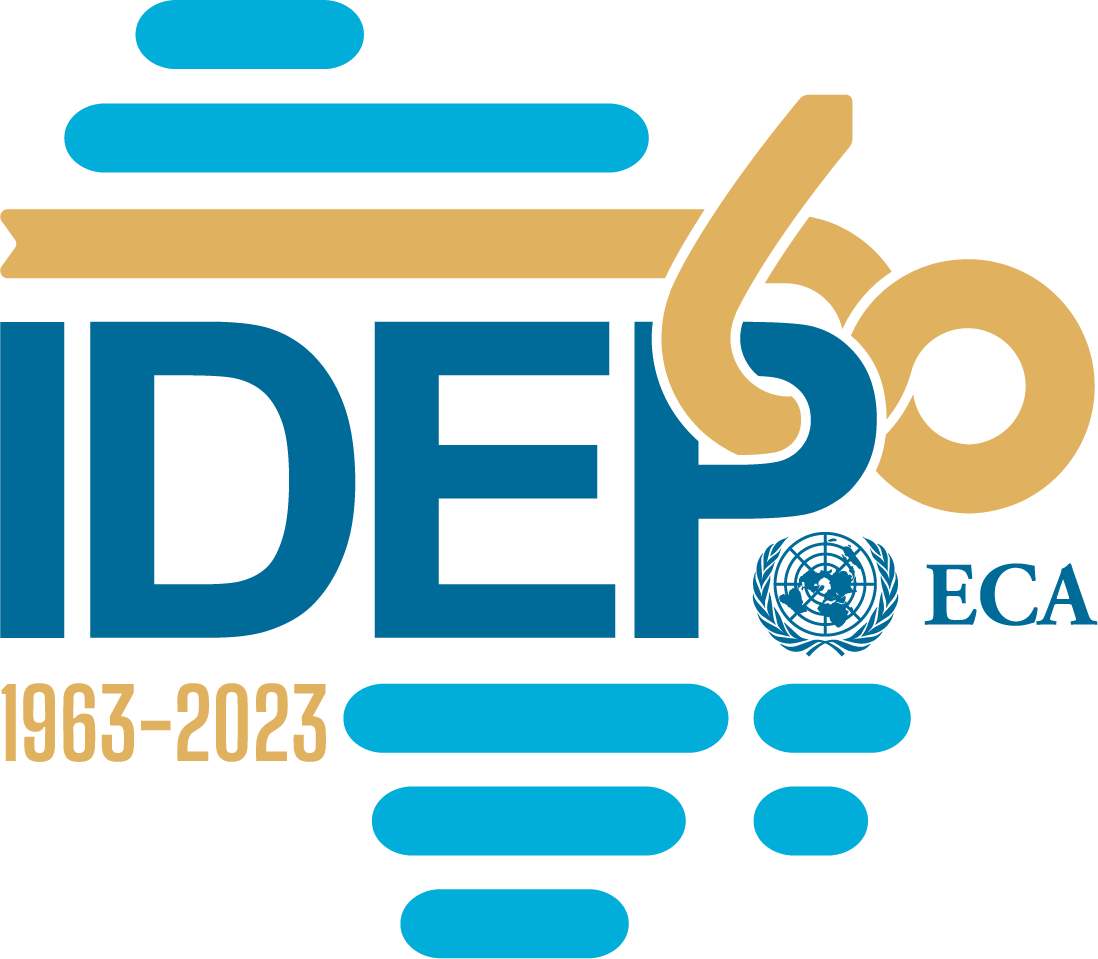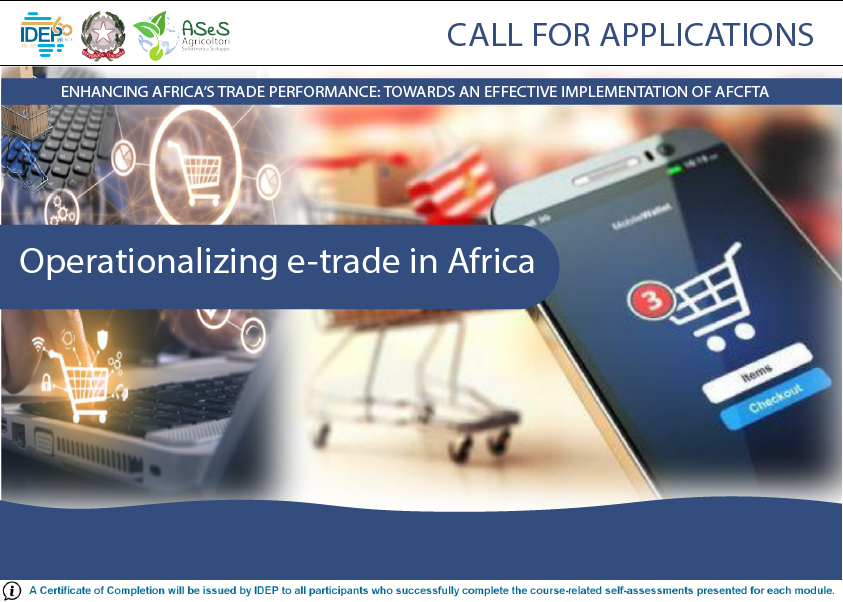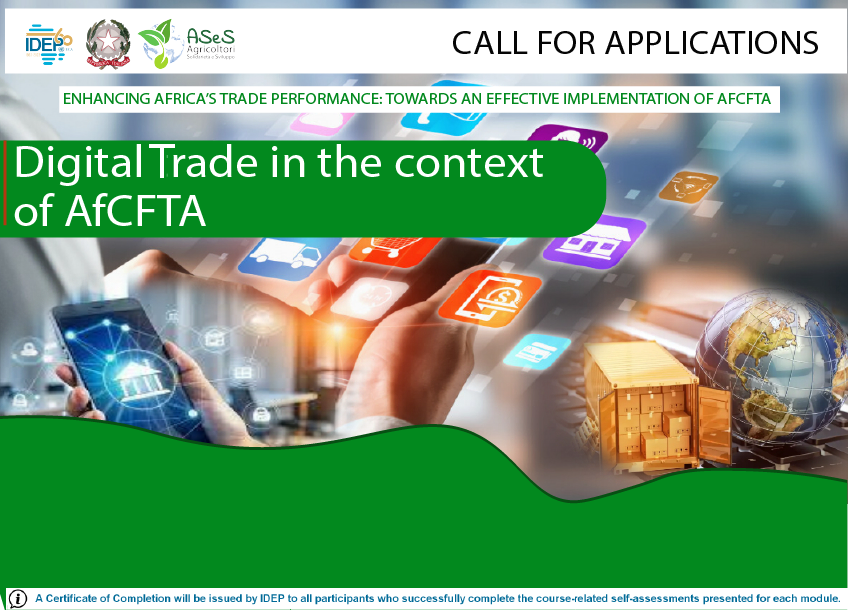DOMESTIC RESOURCE MOBILIZATION IN AFRICA
Announcement in Brief
|
Programme Rationale
Policy makers in Africa have a strong interest to increase domestic financial flows that could be channeled for much needed investment in the continent. The Monterrey Consensus of the International Conference on Financing for Development reiterated the need for a significant increase in the level of national and international financial resources allocated to developing countries to achieve their internationally agreed development objectives. The Monterrey Consensus has emphasized the central role of domestic resource mobilization for the financing of development strategies, along with foreign direct investment, international trade, Official Development Assistance (ODA) and remittances. As a follow-up of the Monterrey Consensus, the Doha Declaration on financing for Development took place in 2008 and the third international conference on financing for Development was held in Addis Ababa in 2015. In April 2024, the 9th ECOSOC Forum on Financing for Development was held to review the Addis Ababa Action Agenda and other financing for development outcomes and the means of implementation of the Sustainable Development Goals (SDGs).
Recently, and following the global economic recession, domestic resource mobilization has increasingly been perceived as an important way of reducing overdependence over volatile aid flows and increasing the level of predictable financial resources that can be directed to the financing of development policies and projects at the national level. However, developing countries - and African countries in particular - encounter several challenges to effectively mobilize domestic and international resources to support the development process. This includes major governance challenges such as pervasive corruption in all forms, weaknesses in tax policy regimes, inadequate legal systems, underdeveloped financial systems, institutional weaknesses in National Revenue Authorities.
Objectives
The course aims to provide policy makers with a clear understanding of the key constraints to effective domestic and international resource mobilization and it will also present a range of policy options to increase the capacity for resource mobilization at several levels – relevant economic agents (government and financial operators), responsible for tax receipts, national income and willingness for individual income earners to save and to pay taxes. The course will discuss the role of fiscal policy in mitigating the effects of crisis in the short term, and achieving key objectives of macro-stability, equity, efficiency and sustainable growth in the long run in Africa.
In this regard, participants will be given an overview of the various performances of African countries in terms of the development of their financial sectors and the depth of financial intermediation, the efficiency of their tax collection mechanisms and tax administrations, the relevance of their labor market regulations, the existence of an efficient institutional support mechanism aimed at promoting investment in strategic sectors and the existence and efficiency of measures taken to improve the investment climate. Participants will be given the opportunity to evaluate the relevance of some policy measures dedicated – among other things - to the improvement of the national financial intermediation systems, taxation policies and business environments to the context of their national economies. The course will also focus on issues related to debt management in the aftermath of the debt relief initiatives (Heavily Indebted Poor Countries and Multilateral Debt Relief Initiative) from which a great number of African countries benefitted as well as the creation of an adequate institutional framework to promote investments from Diasporas. In addition, the course will review the best practices of designing fiscal stimulus packages to mitigate the effects of crisis that are critical to tax and expenditure policy in Africa.





